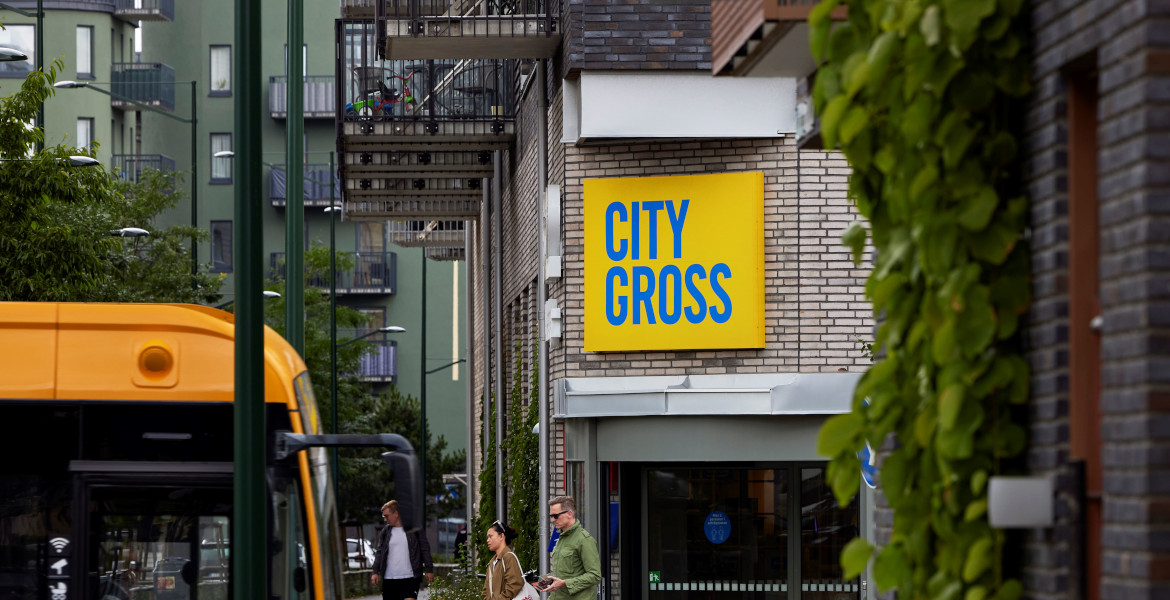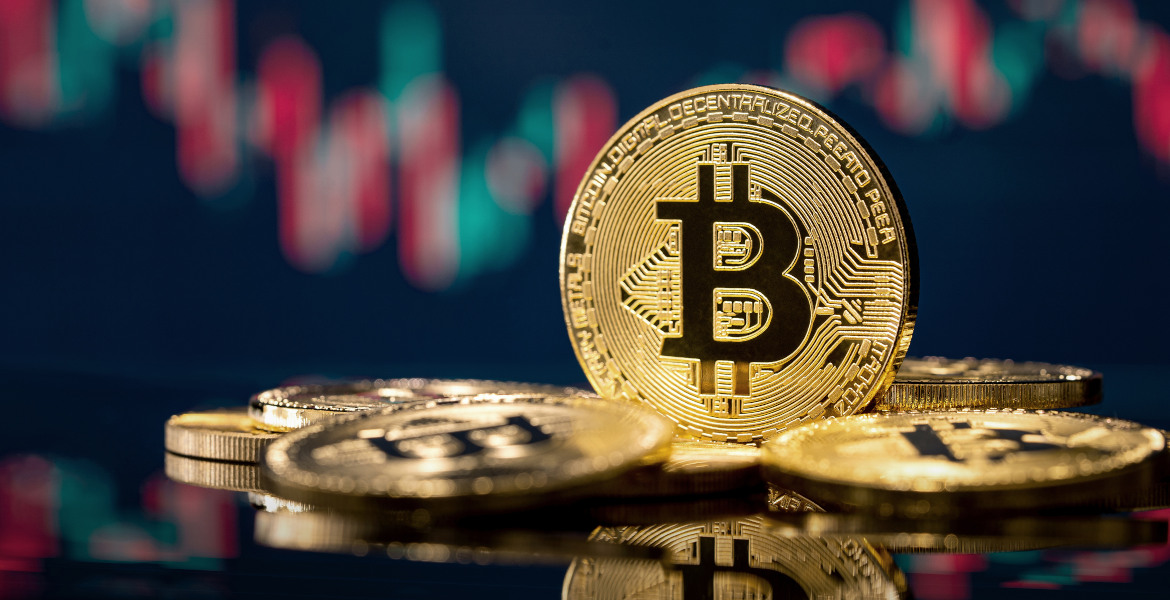Russian companies have started using bitcoin and other digital currencies for international payments following the entry into force of legislative changes allowing such use to counter the effects of Western sanctions. This is confirmed by the country’s Finance Minister Anton Siluanov.
The extensive sanctions have made it more difficult for Russia to trade not only with Western countries, but also with key partners such as China and Turkey. This is because local banks today are often very cautious or negative about Russia-related transactions as they themselves do not want to face retaliation or investigations from Western regulators.
Earlier this year, Russia therefore allowed the use of cryptocurrencies in foreign trade and has taken several steps to make it legal to mine cryptocurrencies.
– As part of the experimental regime, it is possible to use bitcoins, which we had mined here in Russia, the finance minister explained to the Russia 24 television channel.
Putin believes in bitcoin
– Such transactions are already occurring. We believe they should be expanded and developed further. I am confident this will happen next year, he continued, adding that international payments in digital currencies are the future.
Earlier in December, President Vladimir Putin also accused the US government of undermining the role of the US dollar as a reserve currency by using it for political purposes – forcing many countries to seek other alternatives.
Pointing to bitcoin as one such example and saying that no one in the world can regulate or control the cryptocurrency, the president’s comments suggest that the Russian leader supports the idea of increasing the use of cryptocurrencies.








